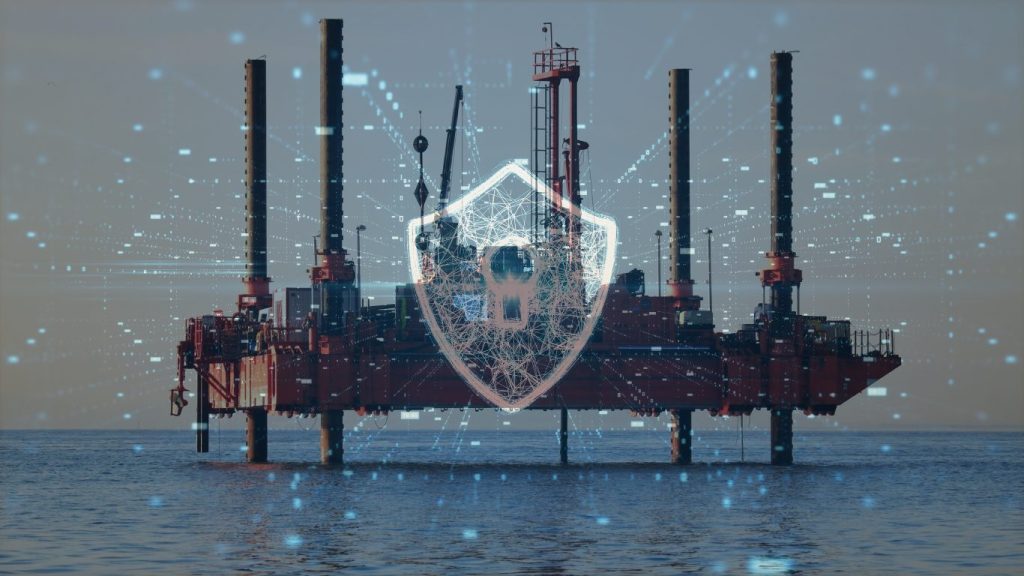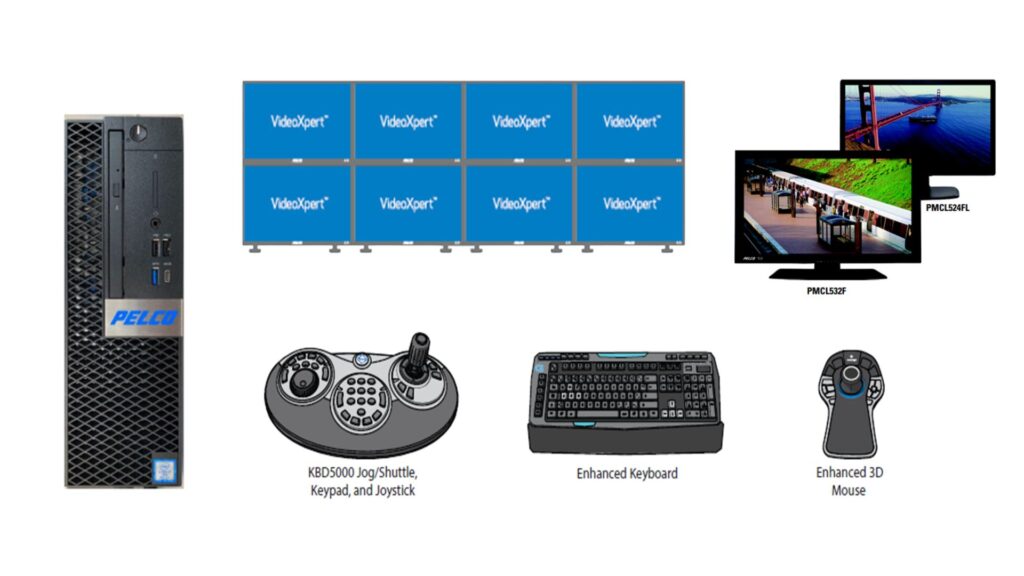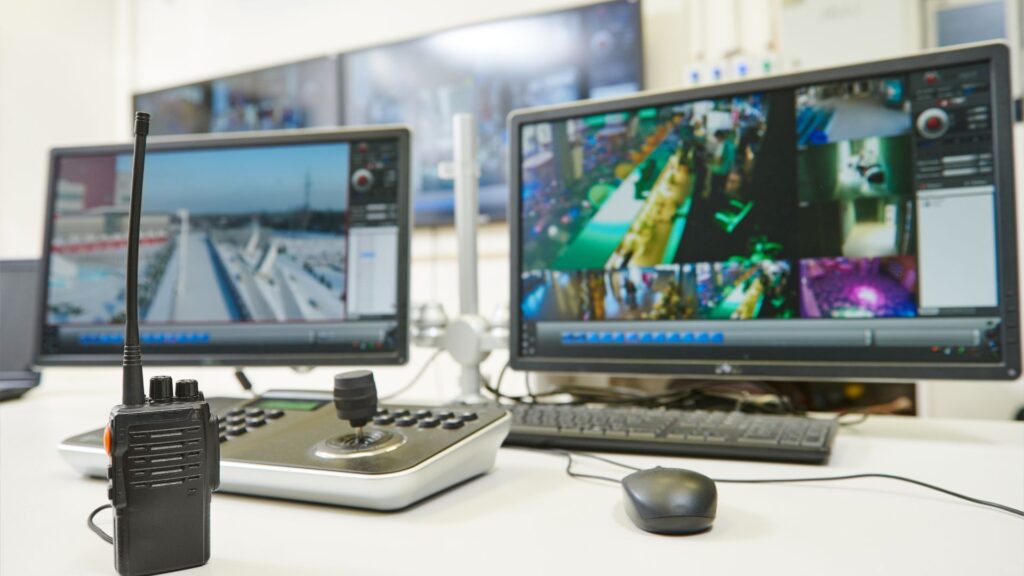Safeguarding offshore operations from cyber attacks is of great paramount as it can lead to major complications. Today’s offshore operations aren’t isolated. They’re data-driven, real-time, and deeply integrated with onshore command centers. Whether it’s transmitting sensor data, enabling remote diagnostics, or offering crew Wi-Fi through Starlink or VSAT, connectivity is the backbone of operational efficiency.
But with that connectivity comes risk. Cyber threats don’t care if you’re on land or 300 nautical miles out at sea.
In fact, the isolation of offshore platforms can make them even more attractive targets, less visibility, fewer IT resources, and a high reliance on automated systems.

The Stakes Are Higher at Sea
The cybersecurity risks offshore are not just about losing data, they’re about losing control. Threats to FPSOs and offshore rigs can:
- Disrupt SCADA and safety systems
- Shut down production
- Expose sensitive operational data
- Endanger lives
Let’s not forget the infamous malware incidents that impacted major shipping lines and oil terminals over the years Offshore isn’t immune.
What was the NotPetya ransomware attack?
NotPetya is a type of ransomware that surfaced in 2017, in which it rapidly made global news and caused a major outage for global shipping giant Maersk.
Read more: Notpetya ransomware attack on Maersk

Cybersecurity Standards That Matter Offshore
To steer clear of disaster, your offshore infrastructure must follow a compass of recognized standards. Here are a few that matter most:
IEC 62443 – The gold standard for industrial automation cybersecurity. It helps separate OT (Operational Technology) from IT systems and builds protection from the ground up.
ISO/IEC 27001 – Focuses on the broader scope of securing information systems. Critical for protecting business and technical data on offshore units.
NIST Cybersecurity Framework – A structured way to identify and manage risks across all your systems, offshore or onshore.
IMO Cyber Risk Management (MSC-FAL.1/Circ.3) – Mandates that cyber risks must be addressed under the ISM Code for maritime operations. Since 2021, this is no longer optional.
These standards aren’t just checkboxes they are safeguarding offshore operations from cyber attacks.
Fast Internet at Sea
With solutions like Starlink Maritime, operators now get fiber-like speeds offshore. That’s great for:
- Remote diagnostics and predictive maintenance
- Real-time data sharing with onshore teams
- Crew welfare and morale
But fast internet also means faster spread of malware and easier exploitation of exposed systems, unless you’re secured.
So, what’s the plan?

Cybersecurity Protocols to Anchor Your Offshore Network
- Network Segmentation – Keep OT systems (like ESD, fire & gas, CCTV) isolated from your IT networks. If a laptop gets infected, it shouldn’t compromise your whole vessel.
- Firewalls & Intrusion Detection – Actively monitor traffic with firewalls and IDS/IPS. Set thresholds and alerts for unusual data flows.
- Multi-Factor Authentication (MFA) – Especially for remote access to control panels or VPNs. Passwords alone are not enough.
- Patch Management & Software Updates – A known vulnerability is a welcome mat for hackers. Keep all systems updated even the obscure ones.
- Encrypted Communications – Use secure protocols (HTTPS, SFTP, VPN) to prevent data leaks over satellite links.
- Access Control – Use role-based access for crew and contractors. Temporary accounts should expire automatically.
It’s Not Just Systems, It’s People
Here’s the truth, many cyber incidents offshore start with a human mistake. A clicked phishing link. A default password left unchanged. A USB plugged into the wrong port.
That’s why crew awareness and training are just as important as firewalls.
- Run cybersecurity drills, just like safety drills.
- Teach crew to recognize suspicious emails.
- Make cybersecurity part of the safety culture.
If your systems are hardened but your people aren’t prepared, you’re still exposed.

Upgrade your systems from cyberattacks
With over a decade of experience and a team of expert engineers, Vivo Asia understands the complexities of offshore systems and the critical importance of cybersecurity in these environments.
We provide tailored solutions that keep your offshore operations protected from potential cyber threats, whether it’s enhancing your current setup, updating outdated systems, or implementing the latest in secure technologies.
For inquiries or more information, reach out to us at contact@vivoasia.com


